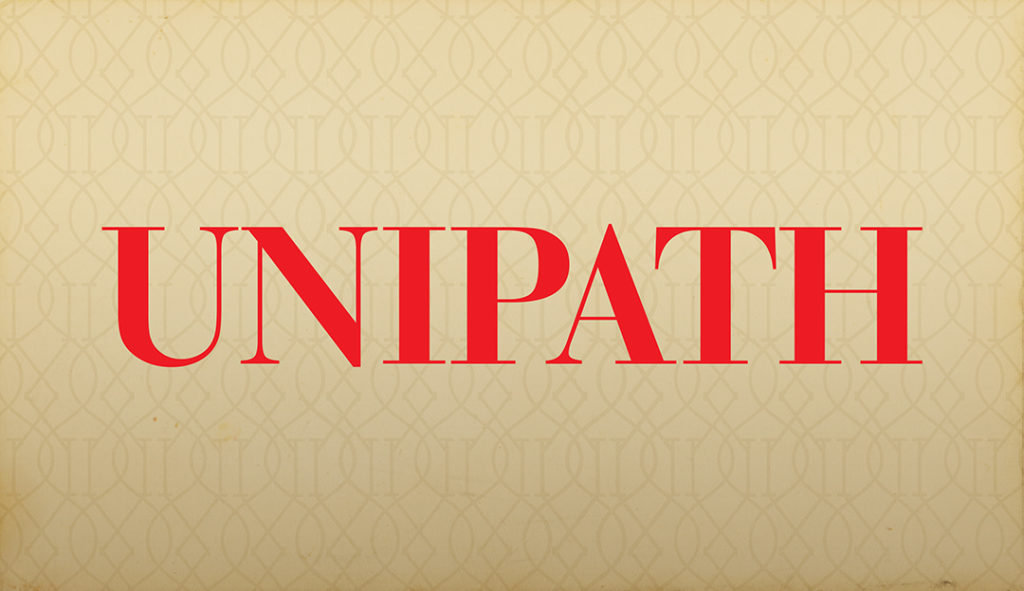Uzbekistan has reformed the way it identifies extremists, releasing lesser offenders from prison and focusing instead on radicals who advocate hatred and violence against society.
Saidbek Azimov, representative of a parliamentary secretariat for human rights in Uzbekistan, announced in December 2019 that the State Security Service, the Ministry of Internal Affairs, and the prosecutor’s office plan to eliminate blacklists of people suspected of being involved in extremist religious organizations.
The measure would be the latest in a series of actions that alter the Uzbek government’s approach to suspected extremists. After a wave of violence in 1999, blacklists were introduced to address the emergency. Uzbekistan has been slowly liberalizing its approach since the election of President Shavkat Mirziyoyev in 2016.
In June 2018, Uzbekistan tightened its definition of extremism. The new definition described extremism as an “expression of extreme actions aimed at destabilizing the social and political situation, forcibly changing the constitutional system of Uzbekistan, forcibly seizing power and inciting national, racial, ethnic or religious hatred.”
Several months later, President Mirziyoyev signed a decree titled, “On improving the procedure for exempting citizens of the Republic of Uzbekistan from criminal liability for erroneously ending up in terrorist, extremist, or other banned organizations and groups.”
That raised the possibility that Uzbeks linked to extremism in the past could escape criminal liability provided they expressed regret for earlier behavior. That group included returning fighters who had been enticed into traveling to Syria and Iraq.
By the end of 2018, President Mirziyoyev announced that 20,000 people had been removed from blacklists, and about half of them received employment assistance from
the Uzbek government.
Sources: Fond Strategicheskoi Kultury, Informburo.kz, Central Asia News

